Kinh Thien Palace is the most important palace located in the center of the Forbidden City of Thang Long Imperial Citadel during the early Le Dynasty. This is where important national ceremonies took place, such as the coronation ceremony (the Emperor ascends the throne), the Grand Court and the royal court welcoming foreign envoys...
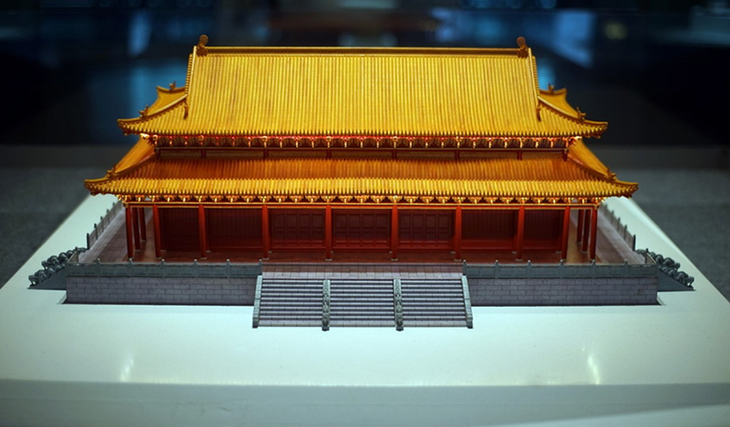 |
The mystery of Kinh Thien Palace architecture
According to scientists from the Imperial Citadel Research Institute, in recent years, dozens of excavations have taken place around Kinh Thien Palace. The research results have many valuable new discoveries, providing scientific materials for the restoration of this palace.
The archaeological excavation from 2002 to 2004 at 18 Hoang Dieu, west of Kinh Thien Palace, uncovered cross-centered vases and bird-head vases. These were the first important clues, suggesting a direction for research on the roof support frame system of the palace architecture of the early Le Dynasty.
Commonly known as the truss system, this is a system of wooden teeth that fit together, placed under the eaves and on the pillars, with the function of supporting the roof system, bearing the force and decorating the architecture. This system includes trusses, beams and trusses.
During the excavation around the Kinh Thien Palace area in 2017 - 2018, experts found 70 wooden architectural components, including columns, corner beams, porch rafters, floorboards, roof beams on the rafters... lying at the bottom of a Le Dynasty stream.
While studying the shape, size, and groove-making technique of the vase, scientists from the Imperial Citadel Research Institute assembled three types of vases into a complete cluster of vases.
In addition, in the excavation pit east of Kinh Thien Palace, at the same location where the vases were discovered, corner beams, porch rafters and upper beams were also found. These are important components related to the structure of the roof support frame and the roof morphology of the dou-cuong architectural work.
What is special is that many wooden structures can still be seen with the original red and gold gilding on the decorative motifs. Analysis shows that these layers are all high-quality gold.
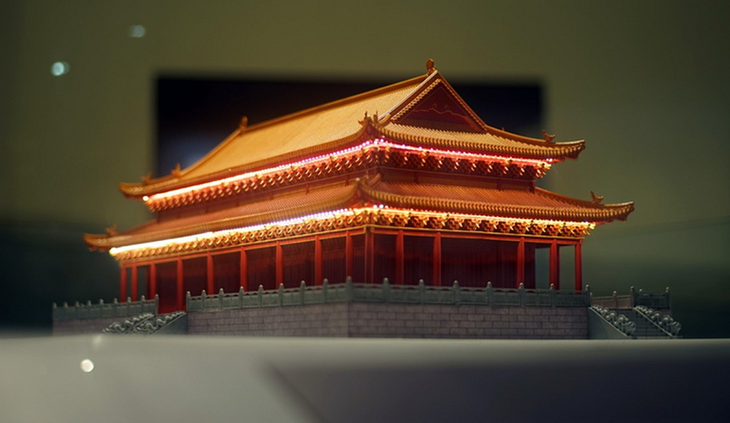 |
3D model of Kinh Thien main hall
From archaeological data, combined with historical research, scientists from the Imperial Citadel Research Institute surveyed and compared with the ancient palace architecture system in China, Japan and Korea. On that basis, they coordinated with CMYK Vietnam - a company specializing in 3D - to reconstruct the 3D architecture of Kinh Thien Palace.
This process lasted about 5 years, with 3D printing technology, 3D scanning with mapping technology support. Using inferences, documents, and historical research provided by the Institute of Imperial Citadel Research, the restoration team produced images that are relatively close to the remaining traces.
After the restoration process, the 3D model of Kinh Thien Palace was solemnly displayed in the main hall of Hanoi Museum, giving the public a relatively complete picture of the red and purple towers of Thang Long Imperial Citadel during its glorious historical period.
This research result is considered a big step forward in the history of research and evaluation of the value of the Thang Long Imperial Citadel relic site after more than two decades of excavation and archaeological research.
Source


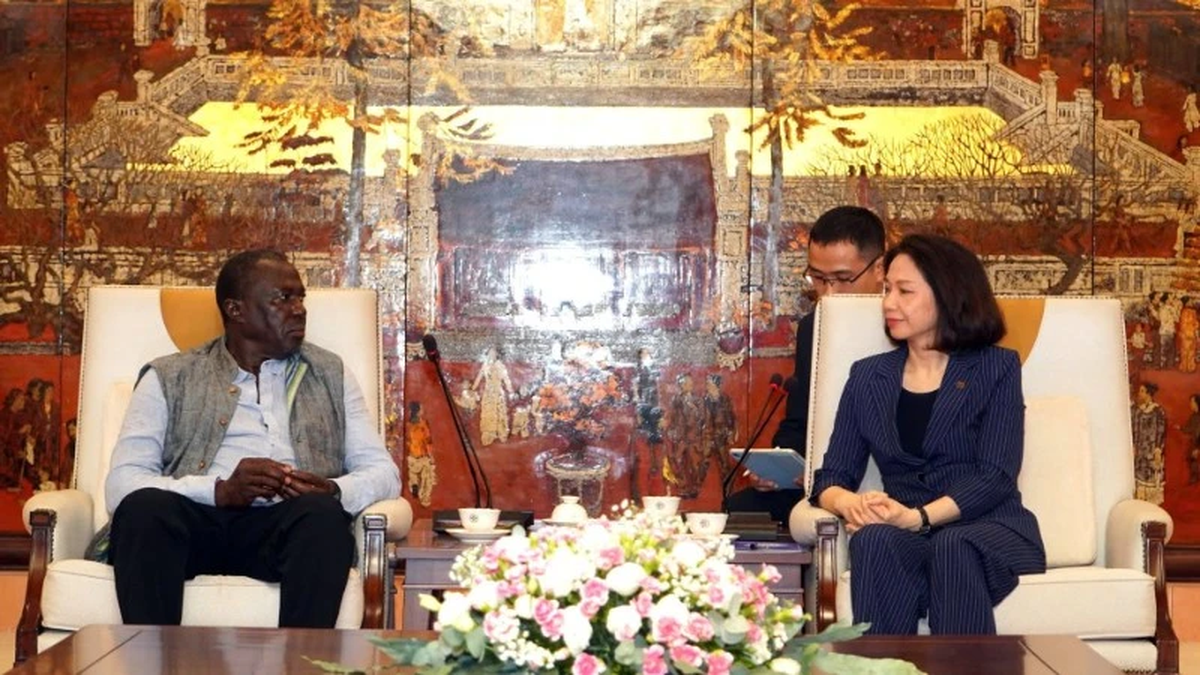
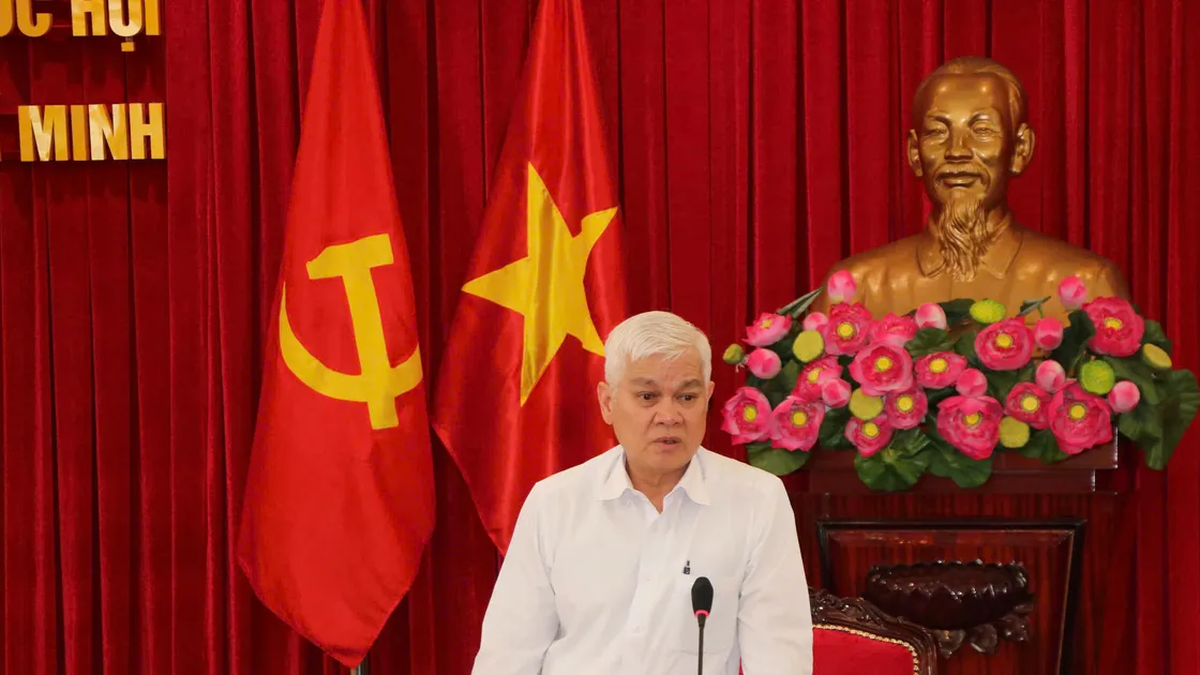



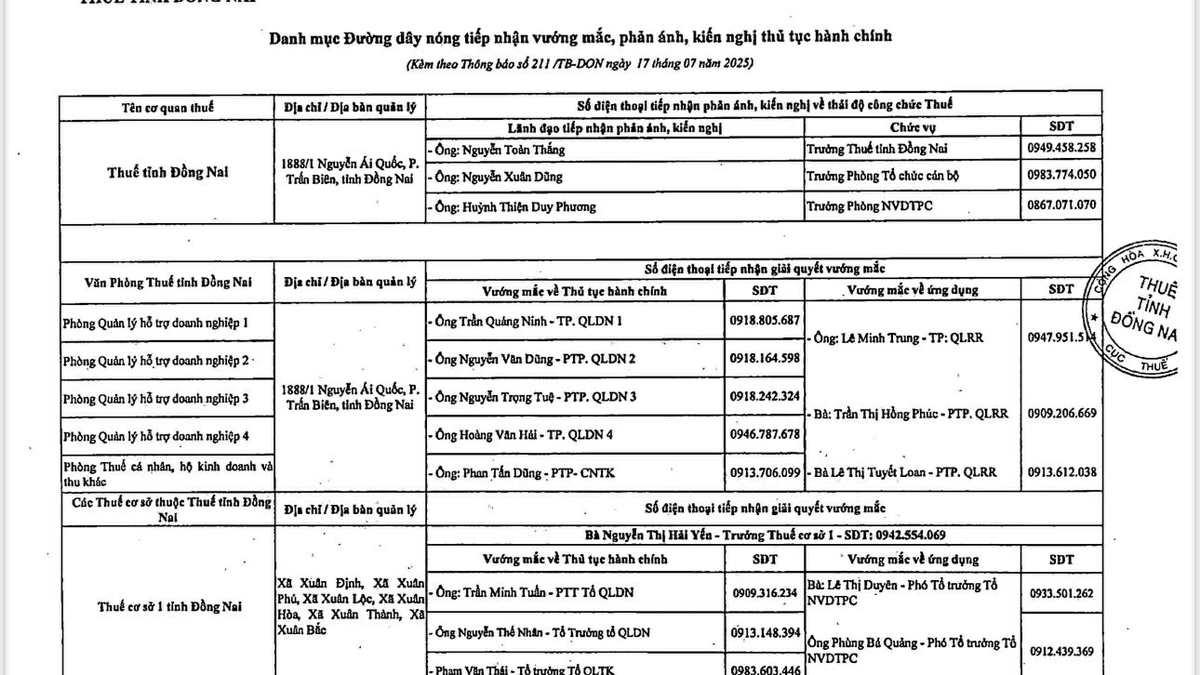


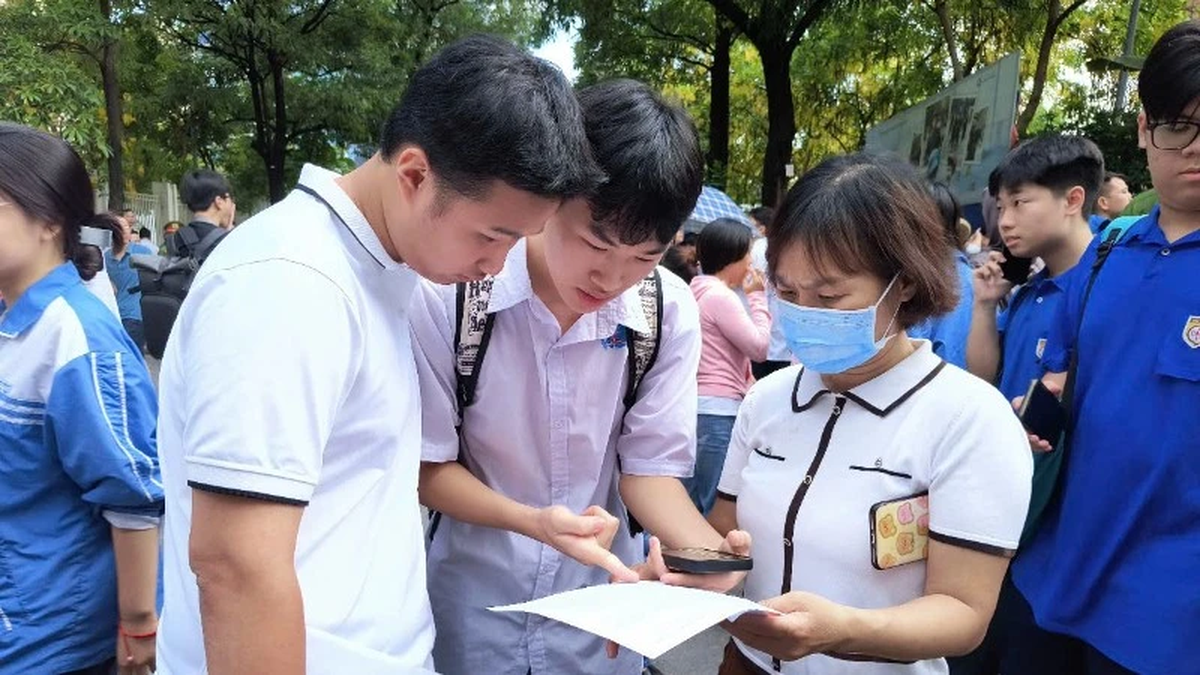
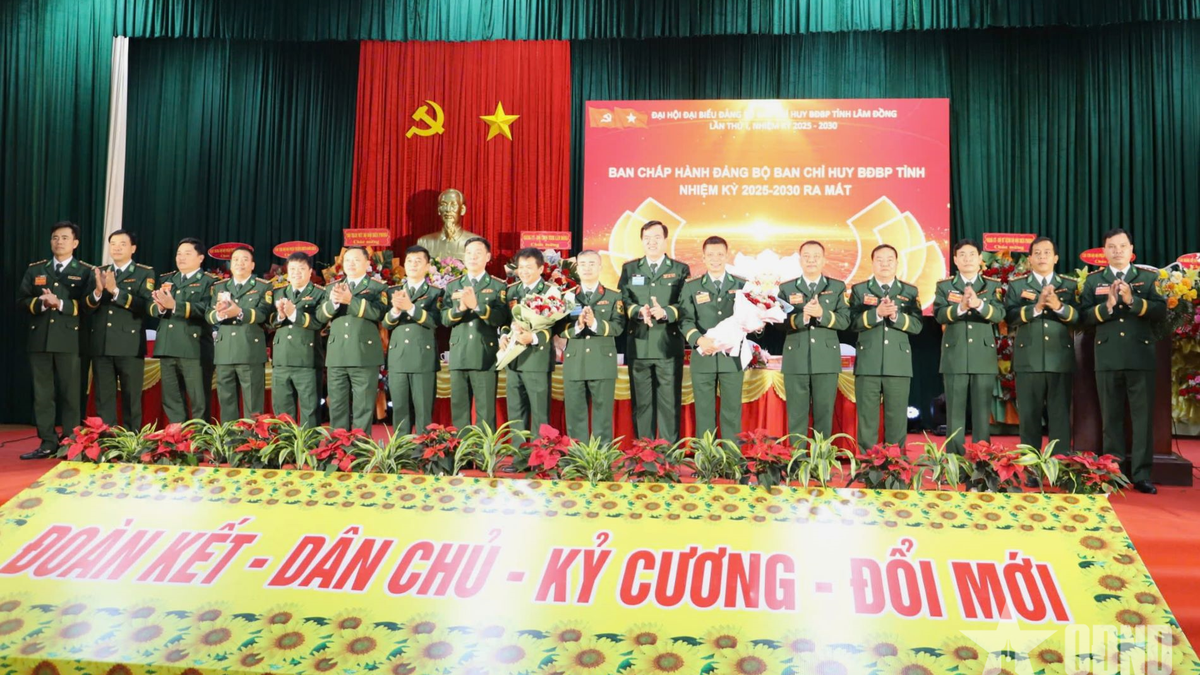

















![[Photo] National Assembly Chairman Tran Thanh Man visits Vietnamese Heroic Mother Ta Thi Tran](https://vphoto.vietnam.vn/thumb/1200x675/vietnam/resource/IMAGE/2025/7/20/765c0bd057dd44ad83ab89fe0255b783)





















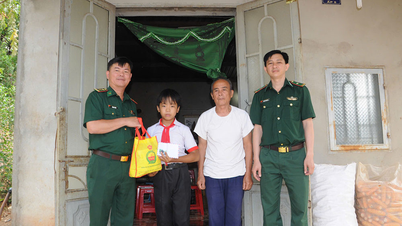













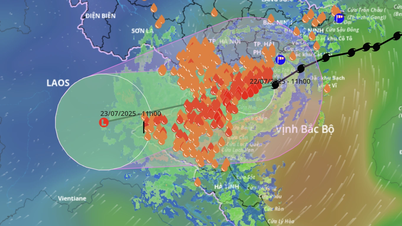




































Comment (0)